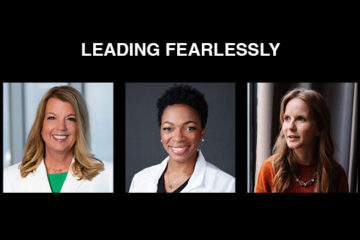Leading Fearlessly: Women leaders – Don’t let gender bias or other judgments hold you back
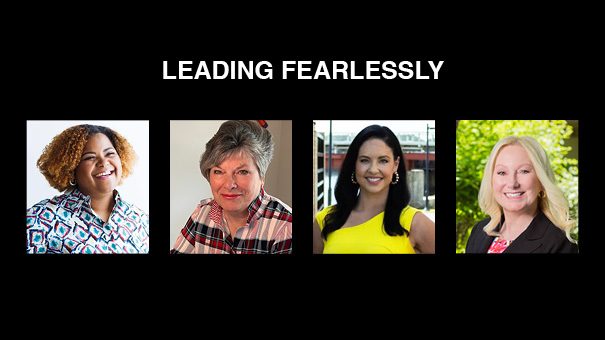
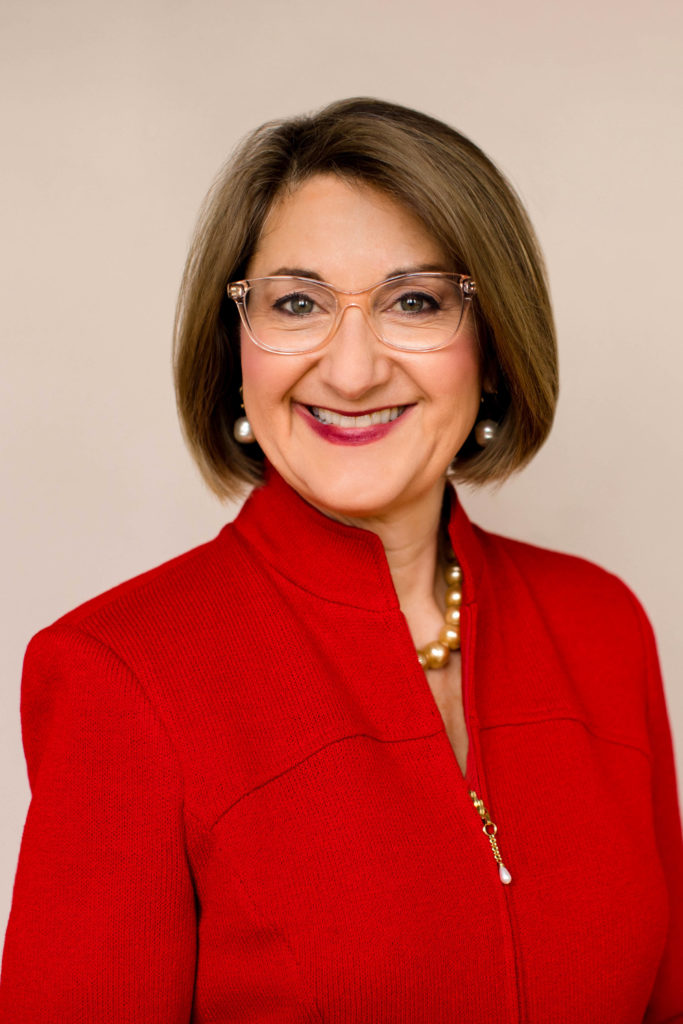
One of the most memorable scenes in the recent blockbuster “Barbie” movie is the monologue on the impossible double standards of being a woman delivered by Gloria, the character played by America Ferrera. Gloria addresses a despondent Barbie with these words: “It is literally impossible to be a woman. You are so beautiful, and so smart, and it kills me that you don’t think you’re good enough. Like, we have to always be extraordinary, but somehow we’re always doing it wrong.”
This feeling of not being good enough is not new for women. Gender bias and discrimination have held women back in life and in work for centuries. New research summarized in Fast Company indicates that gender-based judgments not only continue to be ubiquitous in the workplace, but, according to the study, “barely scratch the surface of ways professional women are criticized throughout their careers.”
The authors of the study, Amy Diehl, Ph.D., Leanne M. Dzubinski, Ph.D., and Amber L. Stephenson, Ph.D., identified 30 common personality traits and identity-based characteristics that women say were used against them at work – beyond just being a woman. And what they found was there always seems to be a reason why women are “never quite right” for top leadership positions. They noted, “This type of treatment is so common that we have called it ‘we want what you aren’t’ discrimination.”
Having experienced various types of discrimination on that list of 30 myself, I found myself reflecting on a recent Pew Center study that reported that in 2022, American women earned 82 cents for every dollar earned by a man, nearly identical to the 80 cents on the dollar we earned in 2002. While there is no one single explanation for the lack of movement on the pay gap, this comprehensive list of 30 reasons we “aren’t right” points to the ongoing obstacles women face to advance. No wonder we aren’t earning more if we can’t get ahead.
With this in mind, I turned to other women leaders and asked: “Other than blatant gender bias, what types of biases have you encountered at work and how did you overcome or deal with that discrimination?”
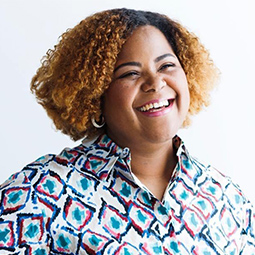
Nola Cartmill, chief diversity officer and general counsel/shareholder, Holmes Murphy and Associates:
I’ve encountered age and weight bias. Being blessed with a baby face, I’ve had people ask to talk to someone else because I appeared inexperienced, and they wanted someone with just “a little gray hair” in the room. Spoiler alert: they’re going to be waiting for my “little gray hair” for a long time and also missing out on my valuable expertise. I’ve also encountered weight bias. Although rarely discussed, we make assumptions about those who live in larger bodies. These biases are rarely overt, but it doesn’t go unnoticed when you’re not asked to join a meeting or event in favor of someone who “looks” the part.
How do I manage? I’ve become comfortable in my own skin, let people make whatever assumptions they want to make, and focus my time and attention on working with people who recognize the value I can bring.
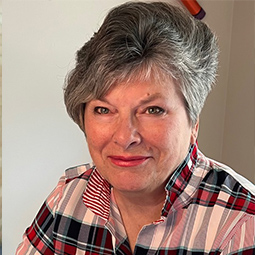
Julie Gammack, producer, Okoboji Writers’ Retreat; founder, Iowa Writers’ Collaborative:
“Broads don’t belong in broadcasting,” the newly appointed general manager of WHO AM radio was overheard saying. In the early 1980s, I was the morning talk show host on Iowa’s then-dominant radio station.
I thought he was kidding. After all, my ratings had climbed considerably in the three years I helmed the crucial time slot, hitting my stride and earning far higher ratings than every other programming segment except for morning news programming.
He had been in the job briefly when he summoned me to his office to announce there would be programming changes, and I would switch from being the host of a three-hour talk show to a new role doing short segments about consumer affairs and household hints (pure irony).
I quit. Listeners marched on the station waving handwritten signs with household hints such as: “What to make for dinner? A reservation.”
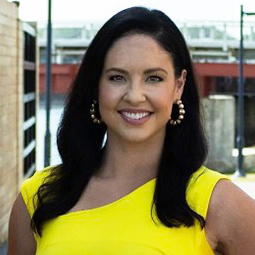
Samantha Mesa, anchor, reporter, Local 5 News We Are Iowa (WOI-DT):
As women working in TV news, we learn quickly to navigate inappropriate comments from both colleagues and viewers about our bodies and appearance. Be it weight, makeup, hair, choice of clothes, we face a level of scrutiny that men do not. This dynamic is something women of all ages, ethnicities and body shapes are faced with. Working as a woman in the media comes with the possibility that you will be shamed for your appearance in public at any time based on social media influence and viral trends.
To navigate this, I intentionally started my career with a mindset. I will take constructive feedback as long as it improves my craft. If the feedback is toxic, aiming to make me feel small or like I don’t belong in the news for superficial reasons regarding my appearance, I will flush it. I focus on improving my work in constructive ways. That is a lesson I have learned about being a woman in media that I wish I would’ve been taught in journalism school.
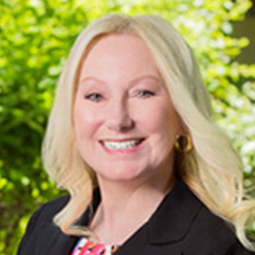
Rita Perea, CEO and president, Rita Perea Leadership Consulting Inc.:
During my 30-plus years in professional leadership roles, I’ve witnessed, investigated and experienced biases in the workplace. I’ve powered through gender discrimination. I’ve weathered criticisms for personal qualities: “She’s too short, too thin, too smart, too polished, too ambitious.” Most shocking has been co-workers’ racial comments about my physician husband, whose dark-complected ancestors hail from Spain.
Words can hurt. Biases and aggressions come in different forms. They can be fueled through the insidious vehicle of gossip. Rumors are spread deliberately, quickly and can cause long-term emotional damage. Speak only the truth.
Our power lies in our choice to be victors, not victims. My success strategies include: 1. Keeping my emotions in check and taking the high road; 2. Seeking guidance from trusted experts outside of the organization to map a path forward; and 3. Last resort – seeking a different workplace in which to thrive. Success IS our best revenge.
